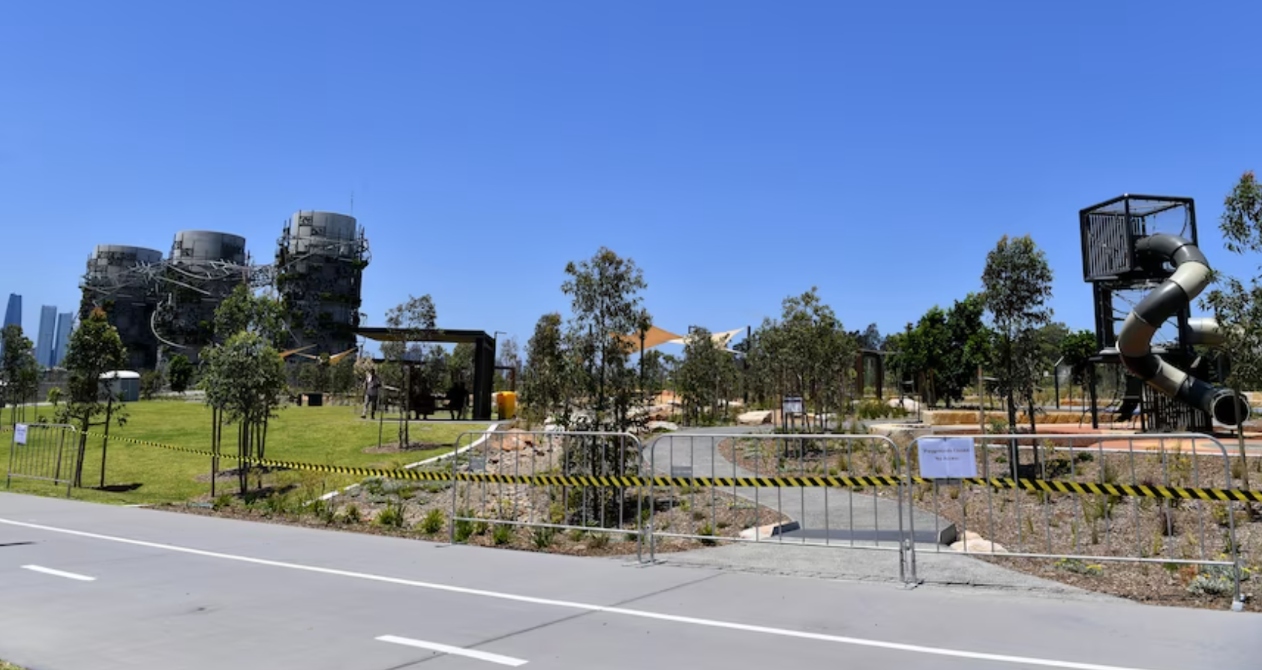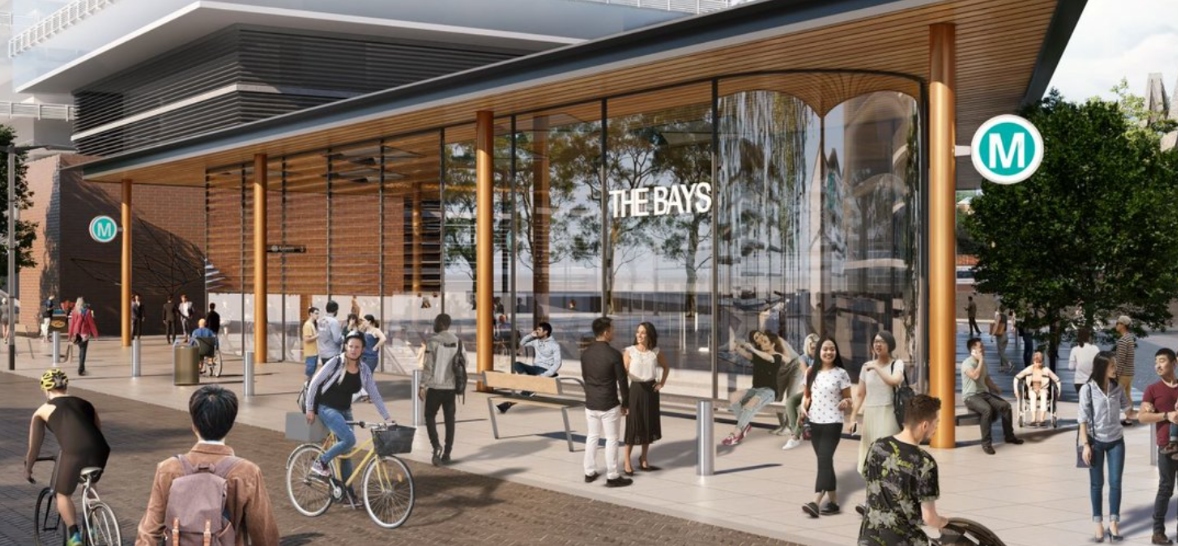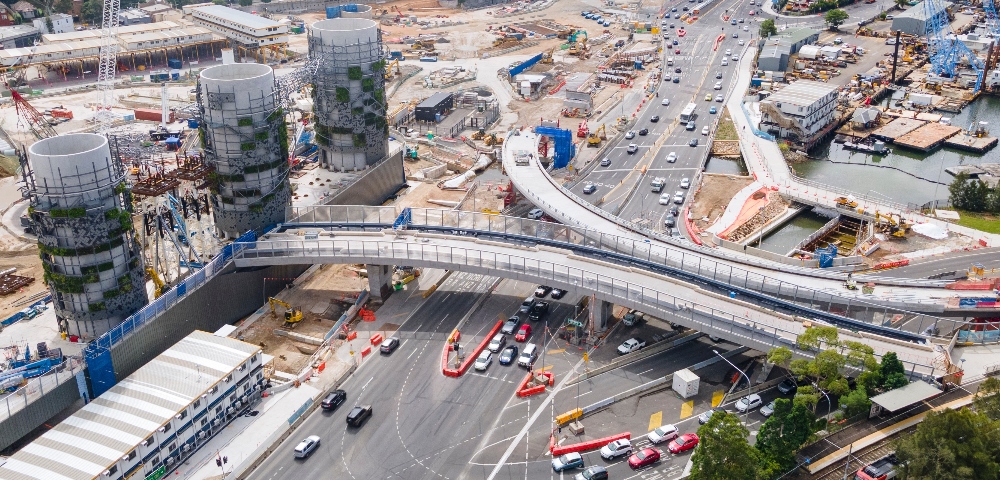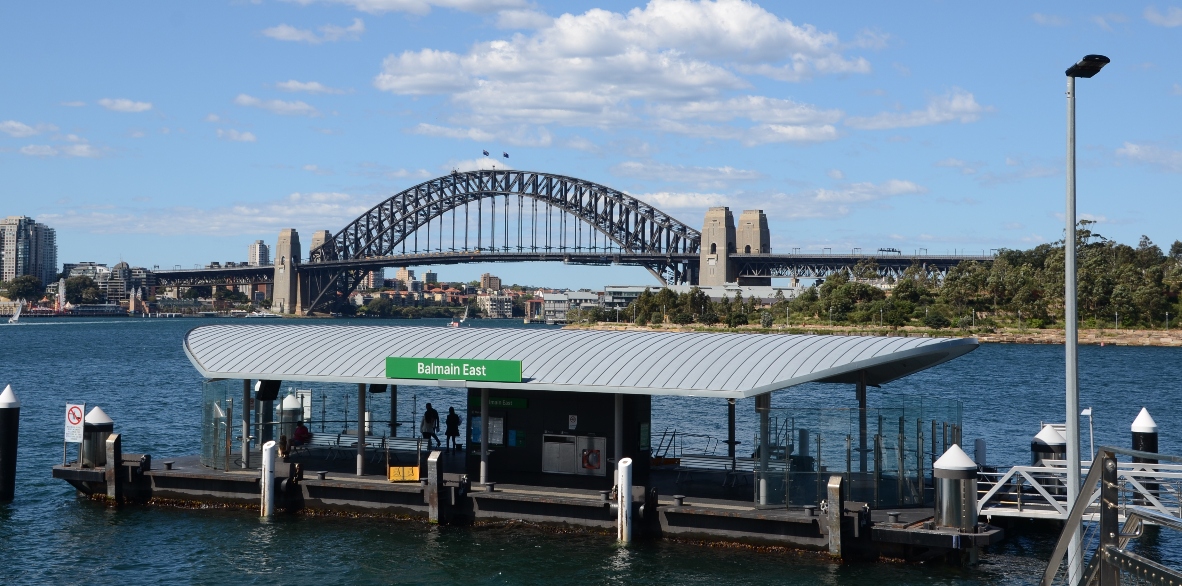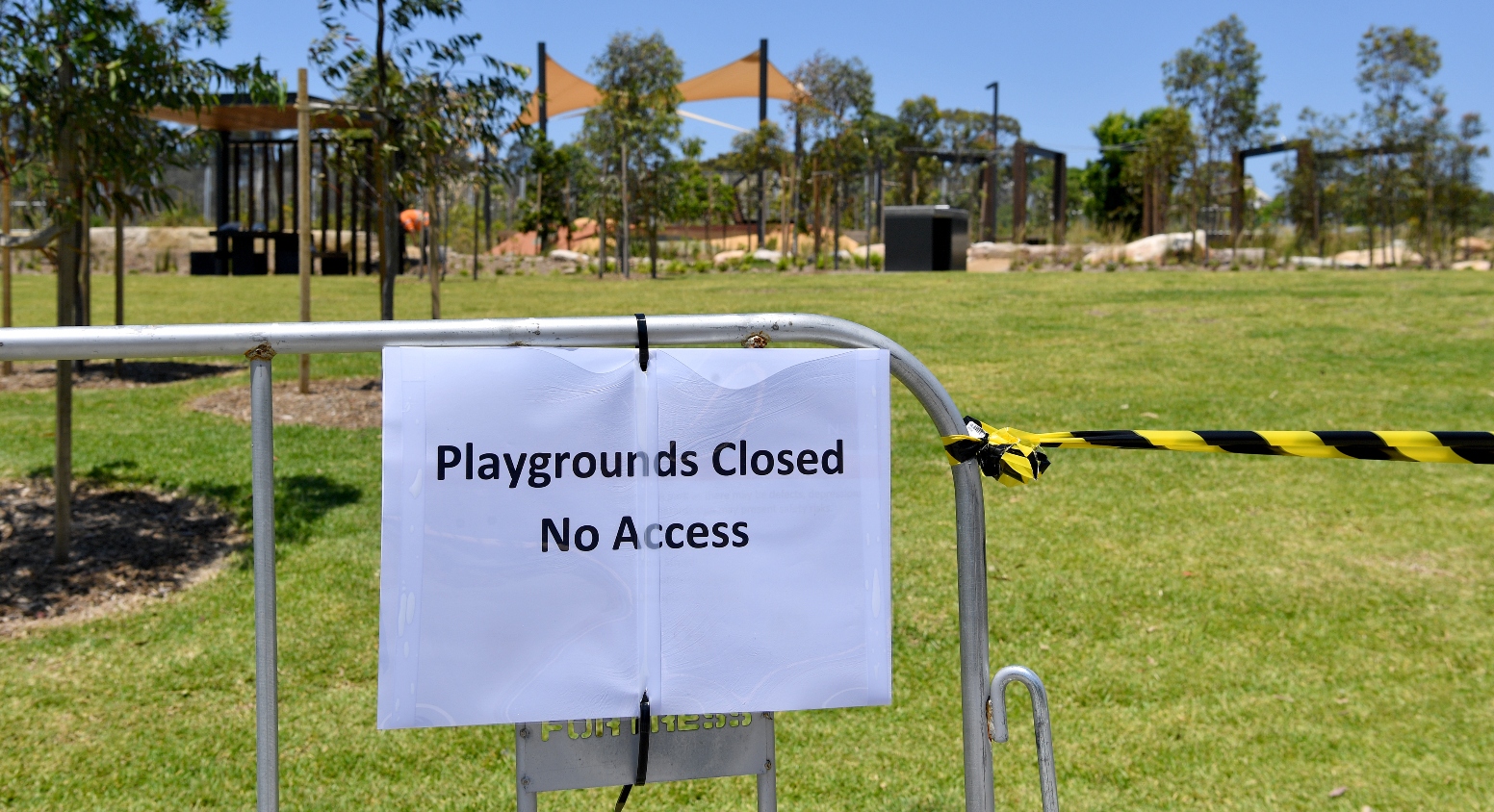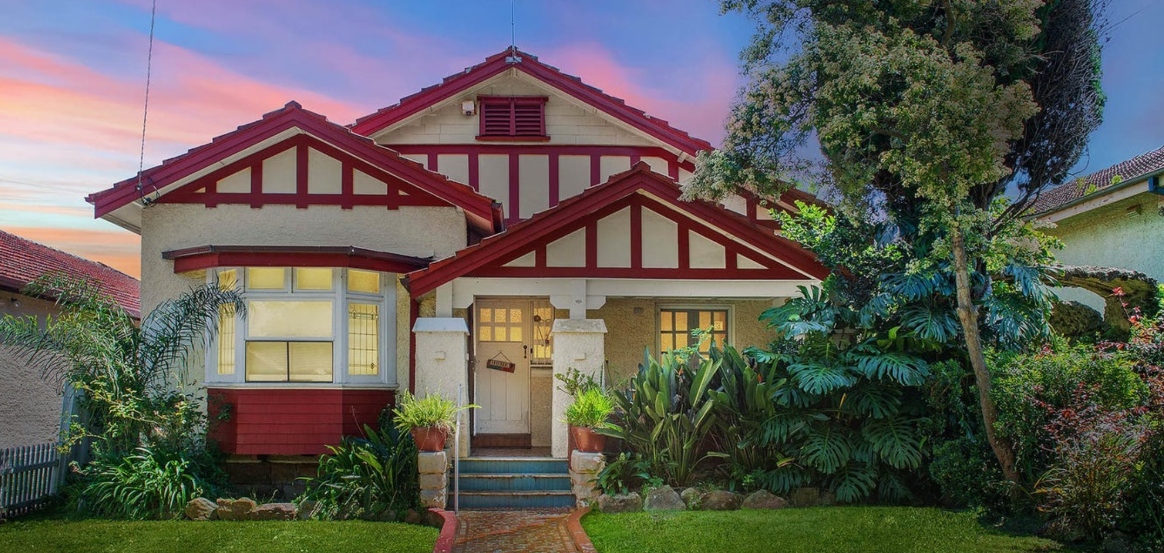
From food waste to fuel
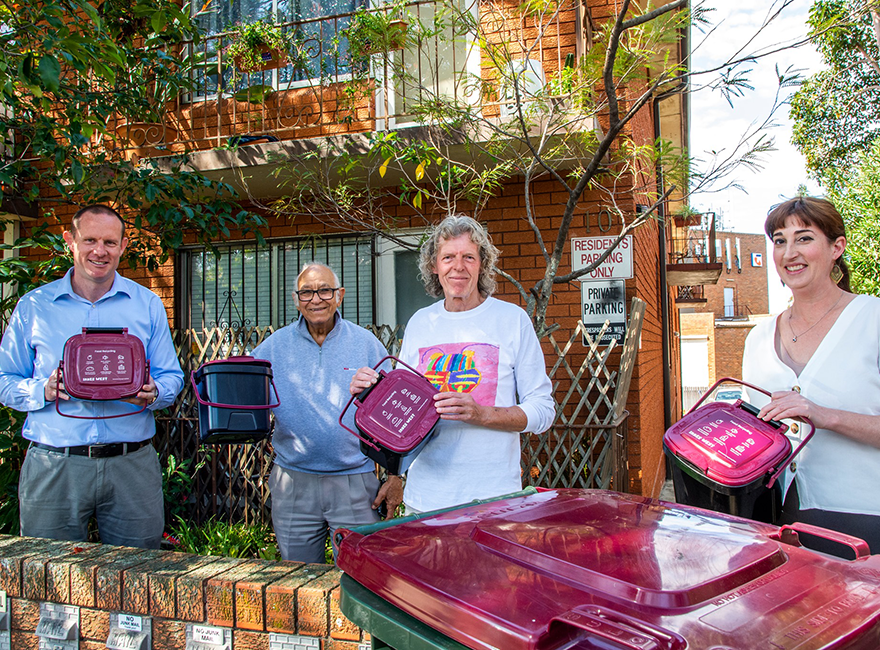
By ALLISON HORE
A food waste recycling scheme in the Inner West is transforming uneaten food into renewable energy.
The food waste recycling service in Leichhardt has been operating since 2008, in 500 apartment buildings and 5,000 households. Inner West Mayor, Darcy Byrne, first introduced the program when he was mayor of the pre-amalgamation Leichhardt council.
But 2020 saw the program roll out into more areas of the Inner West.
“This year saw the expansion of our food organics recycling service into the former Marrickville Municipality, reaching residents in a further 11,400 apartments,” said Mr. Byrne
“Our aim is to bring the food recycling service to every home in the Inner West as soon as possible.”
Residents participating in the food waste recycling scheme receive kitchen bench top bins, special compostable bags and information to assist them in separating food organics at home. The organic waste collected in these bench top bins is then disposed of into large streetside bins with burgundy lids.
This year, Mr. Byrne says the service will be further extended into the Ashfield area.
The cost of waste
Food waste is estimated to cost the Australian economy $20 billion each year and can occur at every step of the cycle of production and consumption. According to the NSW Environmental Protection Agency, in NSW, food waste is the second largest commercial and industry waste.
At the household level, a City of Sydney audit conducted in 2016 revealed food waste made up the largest portion of the domestic garbage bin. In the Inner West, it’s estimated 35 percent of all household waste is food waste.
Limited access to food waste collection systems is one of the major drivers of this problem, alongside over-purchasing of food and confusion over best before dates.
When disposed of in landfill, food waste produces methane which is 26 times more potent than carbon dioxide and contributes significantly to the production of greenhouse gas emissions. But when recycled through a composting process, food waste can be used to produce environmentally friendly fertilisers and biogas.
Through the Inner West council’s food waste scheme, an average of 107 tonnes of food waste is collected annually.
This waste is then shipped to a Sydney-based company called EarthPower Technologies who convert the food scraps into a combustible gas, similar to natural gas. The gas is used to produce electricity which is then sold onto the grid.
Mayor Byrne’s ambitions for the food waste recycling scheme don’t stop in the Inner West. He, alongside mayors of other councils across Sydney, are pressuring the NSW government to roll out a metropolitan wide scheme this year.
In 2019, the City of Sydney also rolled out a trial food waste recycling program as part of their ambitious plan to produce “zero waste” by 2030. The trial is being supported by the NSW Government under their “Waste Less, Recycle More” initiative.
Like the Inner West council’s food waste recycling program, the City of Sydney’s trial sees food scraps shipped off to the EarthPower facility to be transformed into fuel.




